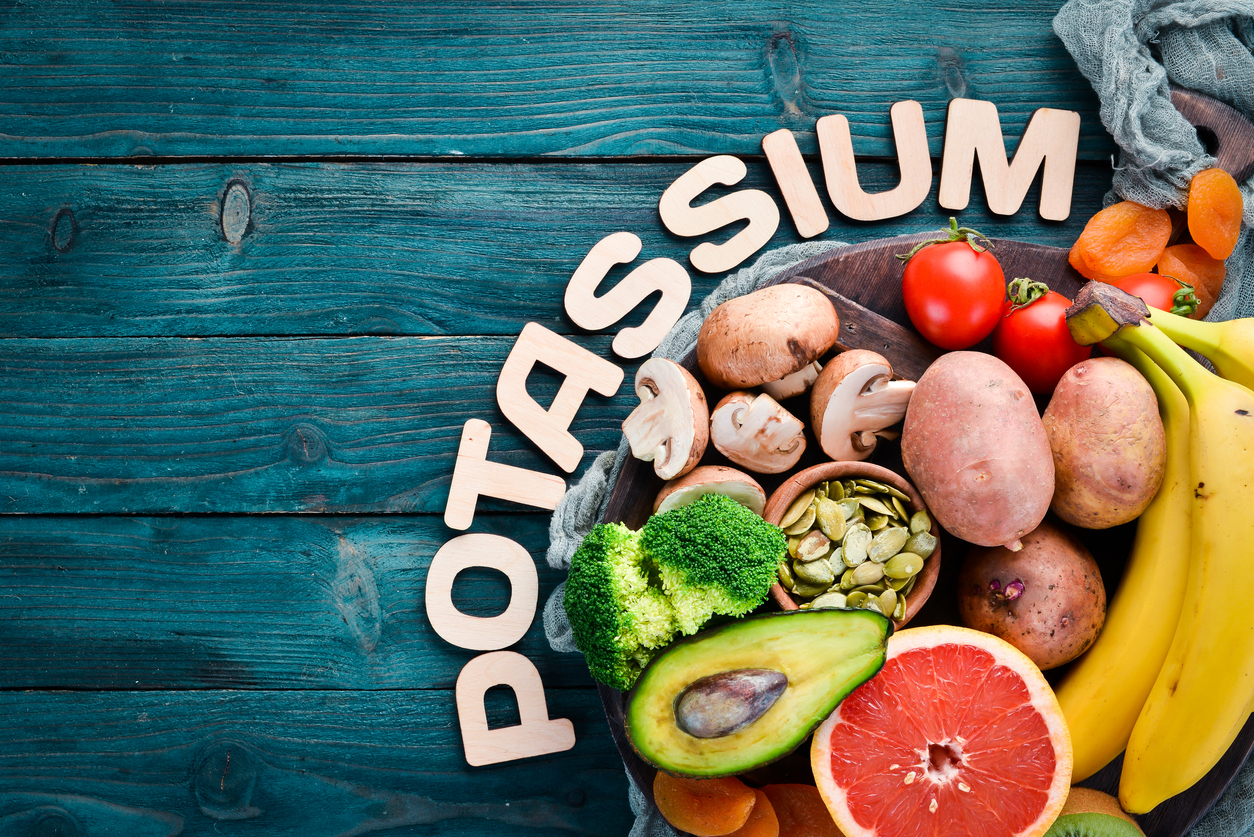When people set out to start eating a healthier diet, one of their goals is typically to eat more nutritious foods so that they can get all the recommended vitamins and minerals needed to stay healthy.
Potassium is an important mineral that helps us stay hydrated and healthy. It is especially important for those who live an active lifestyle and struggle with muscle soreness or dehydration as a result. This article will take you through the best potassium-rich foods to integrate into your diet!
What Are The Benefits Of Potassium?
The main benefit associated with potassium is that it helps with hydration.
Potassium is often referred to as an “electrolyte.” It helps cells maintain their fluid levels on the inside, and sodium is a complementary electrolyte that helps cells maintain fluid levels outside of cells. Sports drinks like Gatorade rely on a combination of potassium and salt to help people stay hydrated.
While potassium’s most notable feature is that it regulates fluid levels, it can also help with a variety of other issues, such as muscle contractions, nerve signals, and reducing blood pressure. The best way to get enough potassium is to consume potassium-rich foods.
Here are the top foods to add to your diet today to get more potassium.
1. Bananas
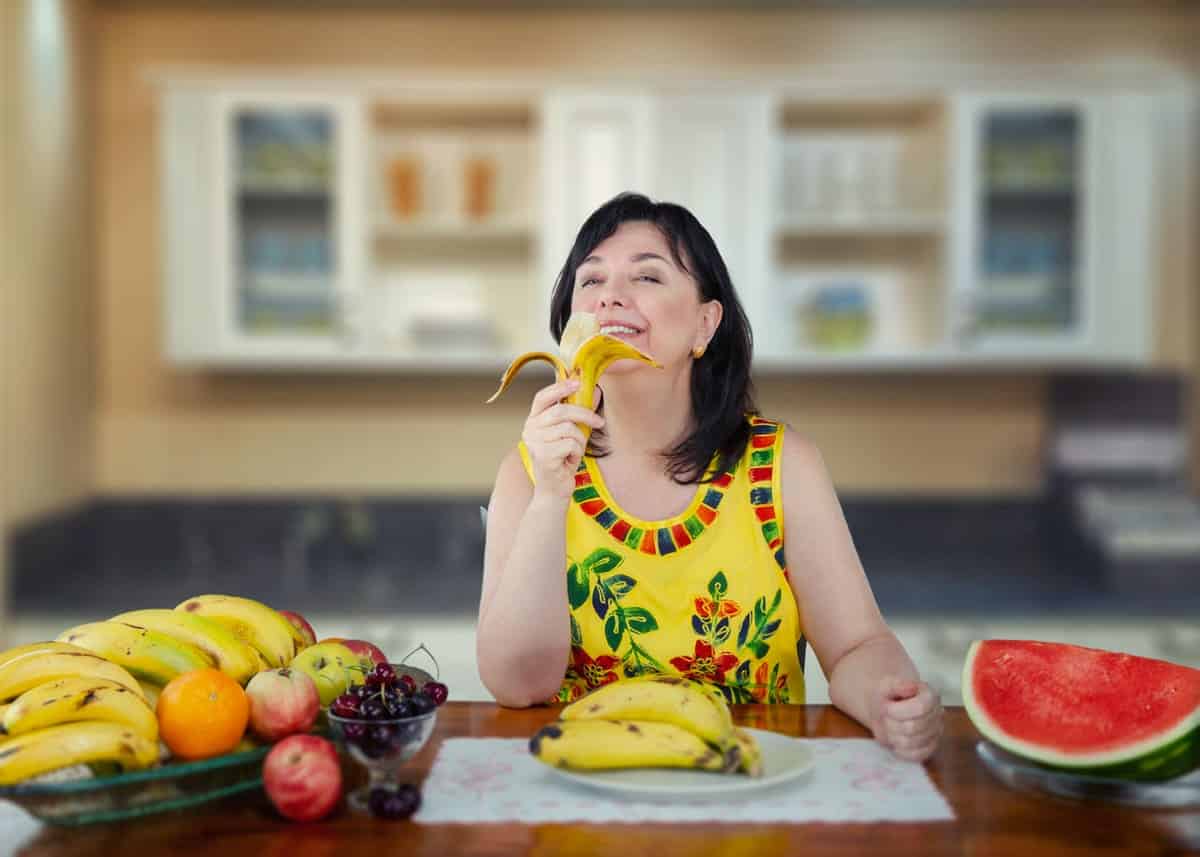
When most people think of potassium, bananas are usually the first food to come to mind, and for a good reason. Bananas are a great, affordable source of potassium. On average, a medium banana contains 422 mg of potassium, which equates to around 9% of the recommended daily value.
When people tell you to eat a banana to treat muscle soreness, it is because of the hydrating quality that potassium has. Dehydration can cause aches and pains because it causes your muscles and cartilage to become stiff. Consuming potassium can help you retain water more effectively and, therefore, rehydrate your stiff muscles, helping to vanquish that after-workout soreness.
2. Avocados
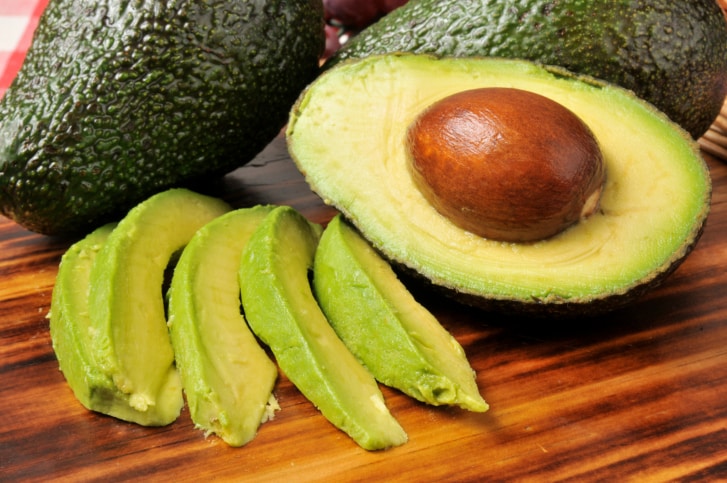
Even though bananas are the first fruit that comes to most people’s minds when talking about potassium, it definitely is not the only option.
If you aren’t a fan of bananas or just want to switch things up, consider reaching for an avocado next time you need an extra dose of this helpful mineral.
Just half an avocado contains 7% of your recommended potassium intake, while a whole avocado provides 15%.
Avocados can be an excellent option for athletes because they contain a high level of potassium and a lot of healthy fat, which is important, especially for people who burn large amounts of calories each day.
3. Sweet Potatoes

When it comes to potassium density, sweet potatoes pack an even more powerful punch than avocados and bananas.
A single cup of sweet potatoes provides 16% of the daily recommended potassium intake. Sweet potatoes are a great option for those who want a high potassium content but a low-fat content.
4. Spinach
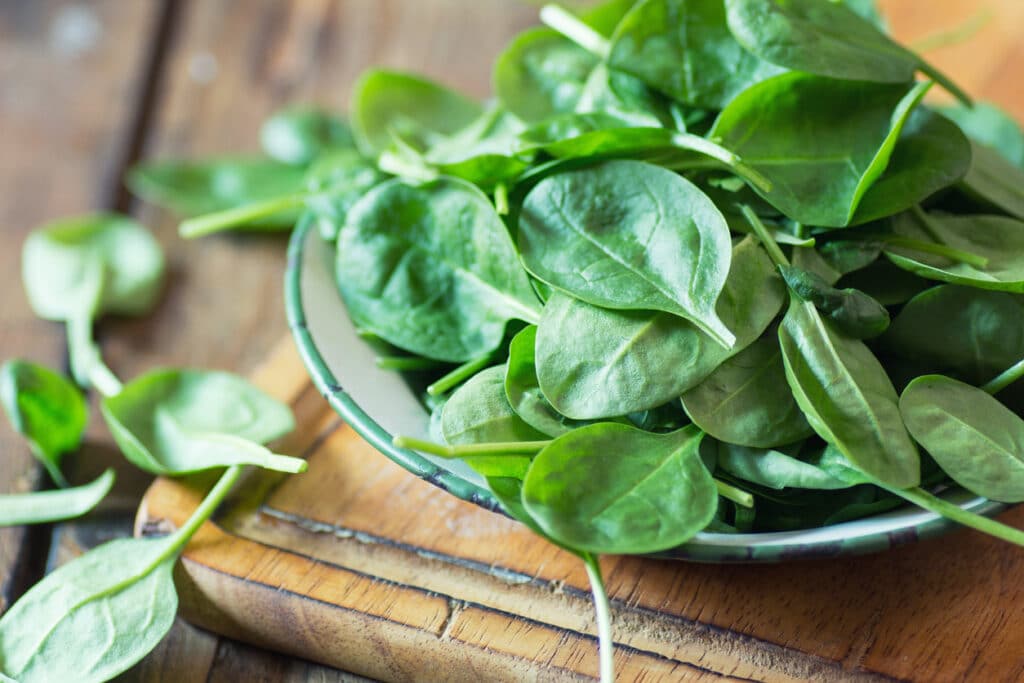
Spinach is one of those quintessential health foods that stands the test of time.
Take the cartoon “Popeye,” for example, where the main character would down a can of spinach in order to get super strength. Ever since this cartoon aired in 1933, it has cemented the idea of spinach as a nutrient-dense food. Potassium is one of the minerals featured in this classic superfood.
Just 90 grams of raw spinach will meet about 11% of your recommended daily intake of potassium.
5. Watermelon

Watermelon is a great way to get hydrated and works as a low-calorie snack while also packing some potassium into your diet. Eating two wedges of watermelon meets almost 14% of your daily potassium needs.
Watermelon has the added benefit of containing protein and fiber, along with other essential vitamins and minerals like vitamins A and C.
6. Butternut Squash
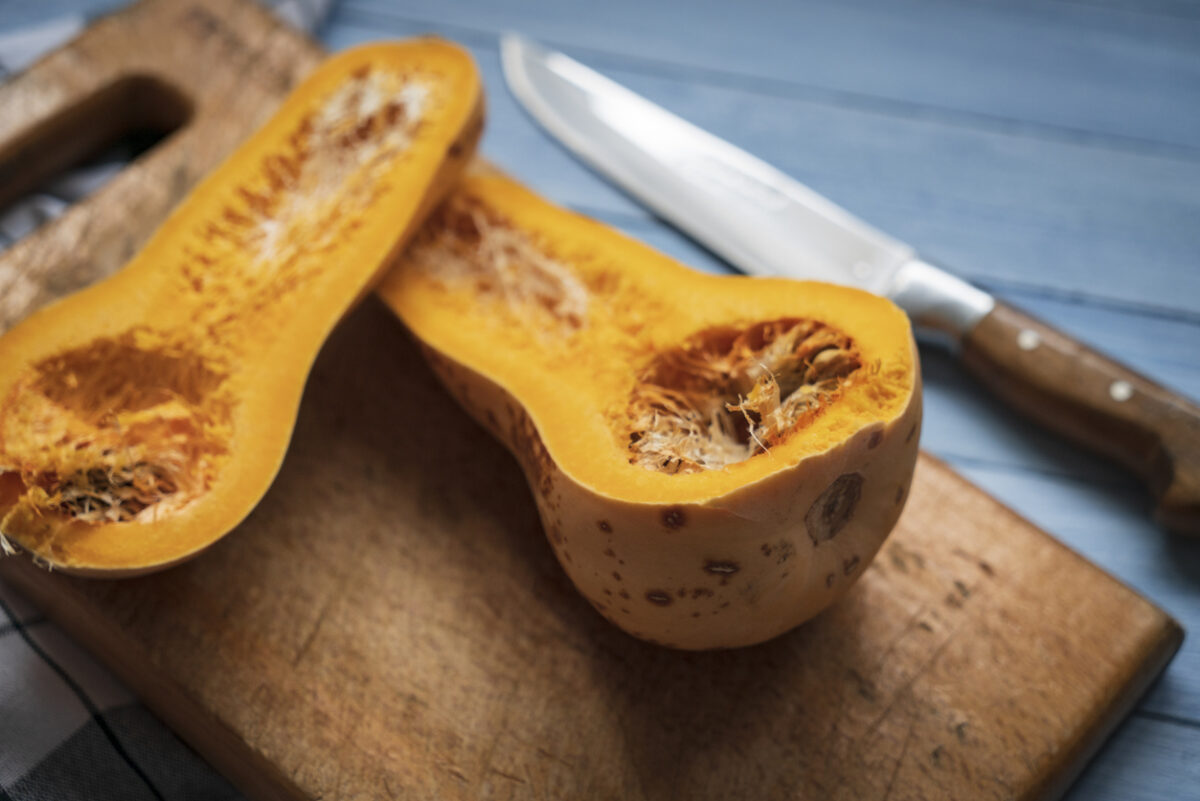
This shouldn’t be too surprising, considering we were just talking about sweet potatoes. Butternut squash is another great source of potassium, providing 12% of your recommended daily intake with just one cup!
Is there such a thing as too much potassium?
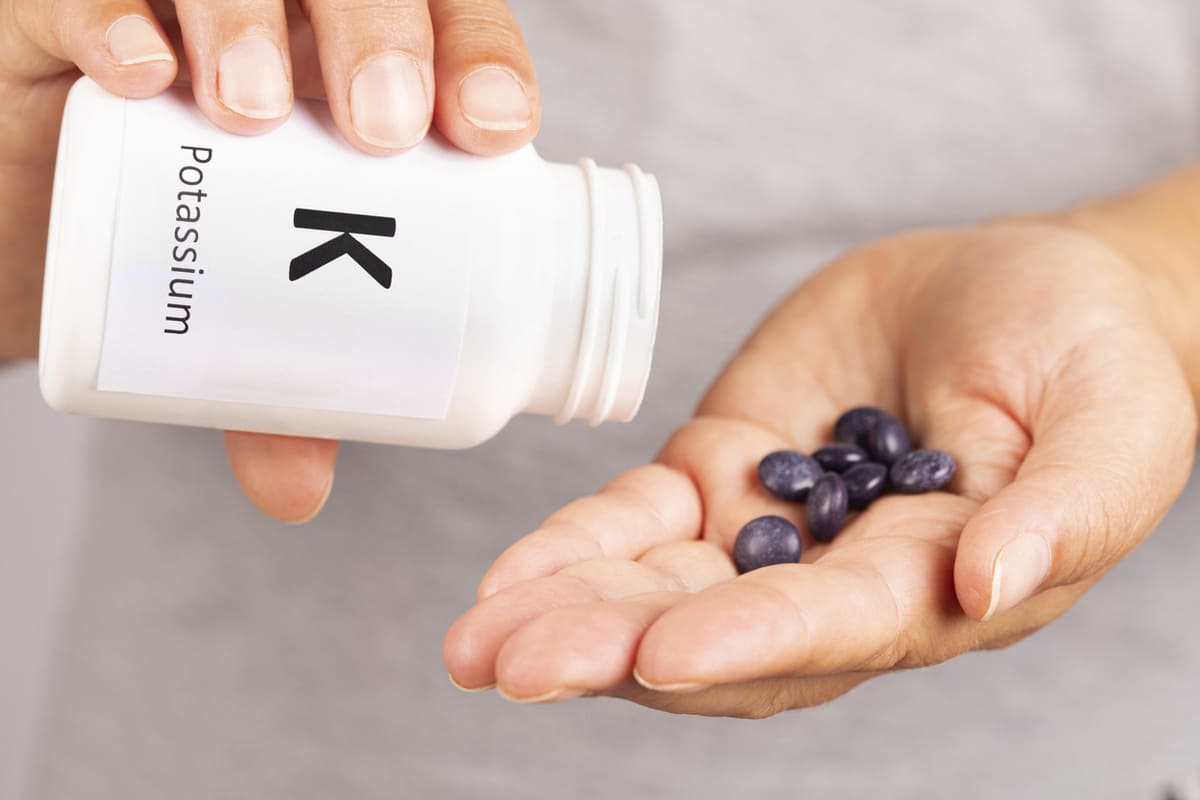
When looking at all the options for integrating potassium into your diet, you might wonder if there is too much of a good thing. This is an excellent question to ask yourself because even beneficial minerals and vitamins can become dangerous in high doses. Nutritionists and doctors emphasize that the best way to get your vitamins and minerals is through a balanced diet, not supplements.
For most people,there isn’t really a need to worry about consuming too much potassium, especially if you are getting it all naturally through your diet. Your kidney will filter out excessive potassium for you. However, for those with advanced kidney diseases or who take certain medications, too much potassium is something you might want to look out for.
Read Next:
10 Major Myths of a Healthy Lifestyle
This West African “SpiceFruit” Makes Healthy Weight Loss Easy

